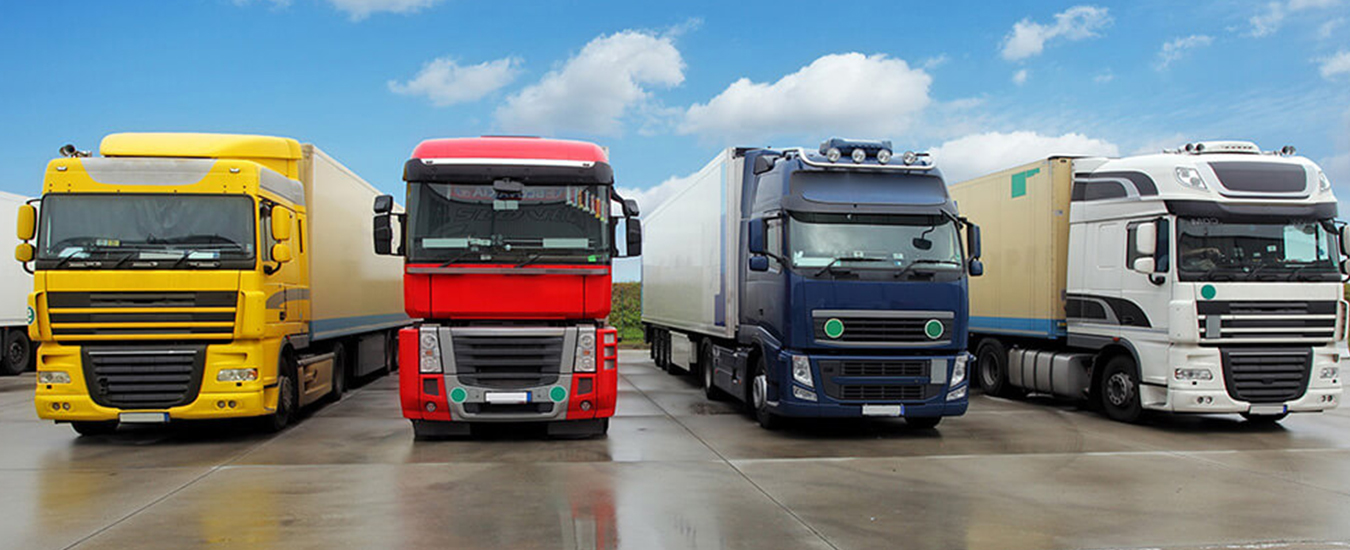The world of transportation and logistics is on the brink of a transformative revolution. With advancements in technology, changing consumer demands, and the need for sustainable solutions, the future of this industry holds immense potential. In this blog post, we will explore the key trends and innovations that are shaping the future of transportation and logistics.
- Autonomous Vehicles:
One of the most significant advancements in transportation is the development of autonomous vehicles. These self-driving cars, trucks, and drones have the potential to revolutionize the logistics industry. With improved safety, reduced costs, and increased efficiency, autonomous vehicles can optimize routes, minimize delivery times, and enhance overall supply chain management. - Electric and Hybrid Vehicles:
As the world becomes more environmentally conscious, the future of transportation lies in electric and hybrid vehicles. With advancements in battery technology, these vehicles offer a sustainable alternative to traditional fuel-powered transportation. Electric and hybrid vehicles not only reduce carbon emissions but also provide cost savings in the long run. The logistics industry can benefit from adopting these eco-friendly vehicles, contributing to a greener and more efficient supply chain. - Hyperloop and Maglev Technology:
The future of transportation also includes revolutionary modes of high-speed travel. Hyperloop, a concept proposed by Elon Musk, aims to transport passengers and cargo at near-supersonic speeds through low-pressure tubes. Maglev (magnetic levitation) trains, on the other hand, use magnetic fields to propel trains without any physical contact with the tracks. These technologies have the potential to drastically reduce travel times, enhance connectivity, and transform the logistics landscape. - Internet of Things (IoT) and Big Data:
The integration of IoT and big data analytics is set to revolutionize transportation and logistics operations. IoT devices, such as sensors and RFID tags, enable real-time tracking of shipments, monitoring of vehicle conditions, and optimization of routes. Combined with big data analytics, this wealth of information can improve supply chain visibility, predict maintenance needs, and enhance overall efficiency. The future of transportation and logistics heavily relies on harnessing the power of IoT and big data. - Blockchain Technology:
Blockchain, the technology behind cryptocurrencies like Bitcoin, has the potential to transform the logistics industry. Its decentralized and transparent nature can streamline supply chain processes, reduce fraud, and enhance security. Smart contracts powered by blockchain can automate and validate transactions, ensuring trust and efficiency in transportation and logistics operations. Embracing blockchain technology can lead to increased transparency, reduced costs, and improved traceability in the industry.
Conclusion:
The future of transportation and logistics is poised for a remarkable transformation. From autonomous vehicles and electric/hybrid vehicles to hyperloop and maglev technology, the industry is witnessing groundbreaking innovations. The integration of IoT, big data analytics, and blockchain technology further enhances efficiency, visibility, and sustainability. Embracing these advancements will not only revolutionize the way goods and people are transported but also contribute to a greener and more connected world.

